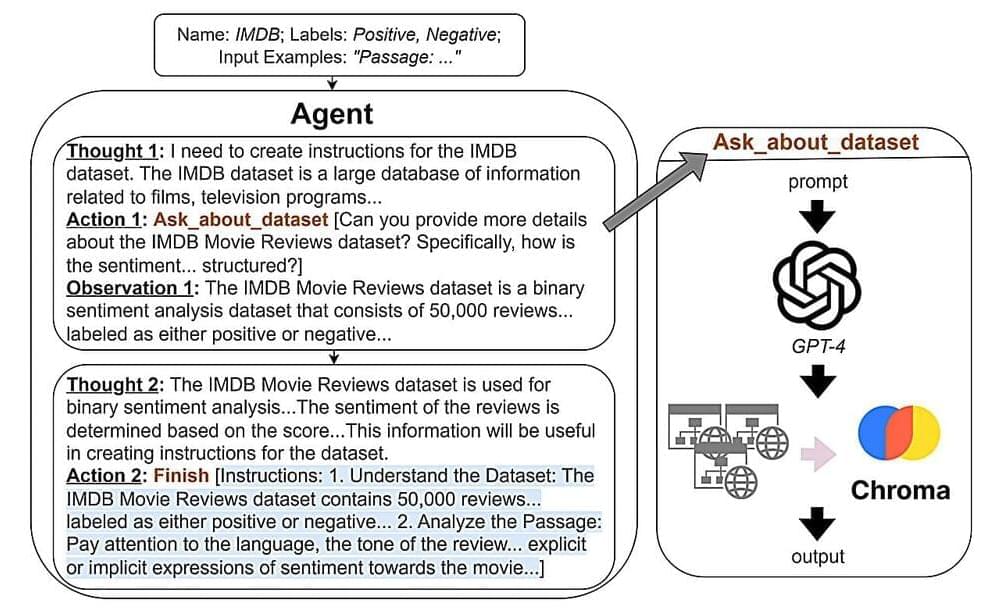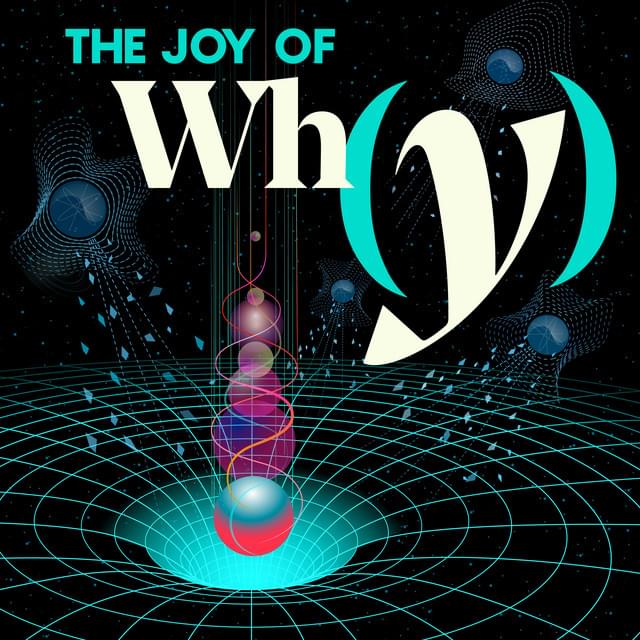- Follow @wealthflowguide for more valuable content! — - Share your thoughts in comments 💭💭 — #realestate #financialliteracy #businessmotivation #moneymindset #financialfreedom #millionaire #investor #motivation #success #business #businessowner #businessmotivation
Page 187
Sep 24, 2024
Thermal effects in spintronics systematically assessed for first time
Posted by Saúl Morales Rodriguéz in categories: computing, particle physics
Spintronics—devices that use microscopic magnetism in conjunction with electric current—could lead to computing technology as fast as conventional electronics but much more energy efficient. As such devices are developed and studied, an important unresolved question is how device operation is affected by heating.
Sep 24, 2024
New insights into hot carrier solar cells: Study explores hot electron tunneling and collection to enhance efficiency
Posted by Saúl Morales Rodriguéz in categories: solar power, sustainability
Hot carrier solar cells, a concept introduced several decades ago, have long been seen as a potential breakthrough in solar energy technology. These cells could surpass the Shockley–Queisser efficiency limit, which is a theoretical maximum efficiency for single-junction solar cells. Despite their promise, practical implementation has faced significant challenges, particularly in managing the rapid extraction of hot electrons across material interfaces.
Sep 24, 2024
Simulating a critical point in quark gluon fluid
Posted by Saúl Morales Rodriguéz in categories: particle physics, quantum physics
Scientists are conducting experiments in search of evidence of a possible critical point in the Quantum Chromodynamics phase diagram. Quantum chromodynamics describes how the strong force binds quarks and antiquarks together to form protons, neutrons, and other particles known as hadrons.
Sep 24, 2024
Team studies the emergence of fluctuating hydrodynamics in chaotic quantum systems
Posted by Saúl Morales Rodriguéz in categories: particle physics, quantum physics
Researchers at Ludwig-Maximilians-Universität, Max-Planck-Institut für Quantenoptik, Munich Center for Quantum Science and Technology (MCQST) and the University of Massachusetts recently carried out a study investigating the equilibrium fluctuations in large quantum systems. Their paper, published in Nature Physics, outlines the results of large-scale quantum simulations performed using a quantum gas microscope, an experimental tool used to image and manipulate individual atoms in ultracold atomic gases.
Sep 24, 2024
1st-ever Observation of ‘Spooky Action’ Between Quarks is Highest-Energy Quantum Entanglement Ever Detected
Posted by Shubham Ghosh Roy in categories: particle physics, quantum physics
The discovery of two entangled quarks at the large Hadron Collider is the highest-energy observation of entanglement ever made.
Sep 24, 2024
Language agents help large language models ‘think’ better and cheaper
Posted by Dan Kummer in categories: information science, law, mathematics, robotics/AI
The large language models that have increasingly taken over the tech world are not “cheap” in many ways. The most prominent LLMs, such as GPT-4, took some $100 million to build in the form of legal costs of accessing training data, computational power costs for what could be billions or trillions of parameters, the energy and water needed to fuel computation, and the many coders developing the training algorithms that must run cycle after cycle so the machine will “learn.”
But, if a researcher needs to do a specialized task that a machine could do more efficiently and they don’t have access to a large institution that offers access to generative AI tools, what other options are available? Say, a parent wants to prep their child for a difficult test and needs to show many examples of how to solve complicated math problems.
Building their own LLM is an onerous prospect for costs mentioned above, and making direct use of the big models like GPT-4 and Llama 3.1 might not immediately be suited for the complex reasoning in logic and math their task requires.
Sep 24, 2024
Stephen Hawking’s black hole radiation paradox could finally be solved — if black holes aren’t what they seem
Posted by Shubham Ghosh Roy in categories: cosmology, quantum physics, singularity
New research suggests that black holes may actually be “frozen stars,” bizarre quantum objects that lack a singularity and an event horizon, potentially solving some of the biggest paradoxes in black hole physics.
Sep 24, 2024
Archaeologists Discovered an Ancient Chinese Immortality Potion. It Exposes the True Cost of Chasing Eternal Life
Posted by Shubham Ghosh Roy in categories: biotech/medical, life extension
Humans have been trying to cheat death for thousands of years. Myths about elixirs promising immortality span various cultures, as do real concoctions that often did more harm than good. One of the most misguided attempts at creating a potion for immortality involved the first emperor of China and mercury pills. In his obsession with finding a formula that would grant him eternal life, Qin Shi Huang downed mercury and other toxic substances nearly two millennia ago, believing his alchemists had hit upon the perfect magical tonic. Unsurprisingly, he died prematurely at age 49.
Archeologists have discovered another 2,000-year-old “elixir for immortality” that sheds light on the true cost of chasing down eternal life.
While excavating the tomb of a Western Han noble family in China’s Henan province in 2018, researchers unearthed a bronze pot. At first, the team thought the liquid inside was wine, but more recently determined that it was an alchemist’s formulation: a yellow liquid containing potassium nitrate and alunite. These two ingredients are cited in ancient Taoist texts as ingredients for immortality. Potassium nitrate is an inorganic salt used today as a natural source of nitrate, and is a useful ingredient in food preservatives, fertilizer, and fireworks. Alunite is a mineral that forms in volcanic or sedimentary environments when sulfur-rich minerals oxidize. It has historically been used to make alum, which is important for water purification, tanning, and dyeing.
Sep 24, 2024
Can Information Escape a Black Hole?
Posted by Shubham Ghosh Roy in categories: cosmology, particle physics
Episode · The Joy of Why · Nothing escapes a black hole… or does it? In the 1970s, Stephen Hawking described a subtle process by which black holes can “evaporate,” with some particles evading gravitational oblivion. This phenomenon, now dubbed “Hawking radiation,” seems inherently at odds with general relativity, but it gets weirder still: If particles can escape, do they preserve some information about the matter that was obliterated? Leonard Susskind, a physicist at Stanford University, found himself at odds with Hawking when it came to answering this question. In this episode, co-host Janna Levin speaks with Susskind about the “black hole war” that ensued and the powerful scientific lessons that have radiated from one of the most famous paradoxes in physics.


















